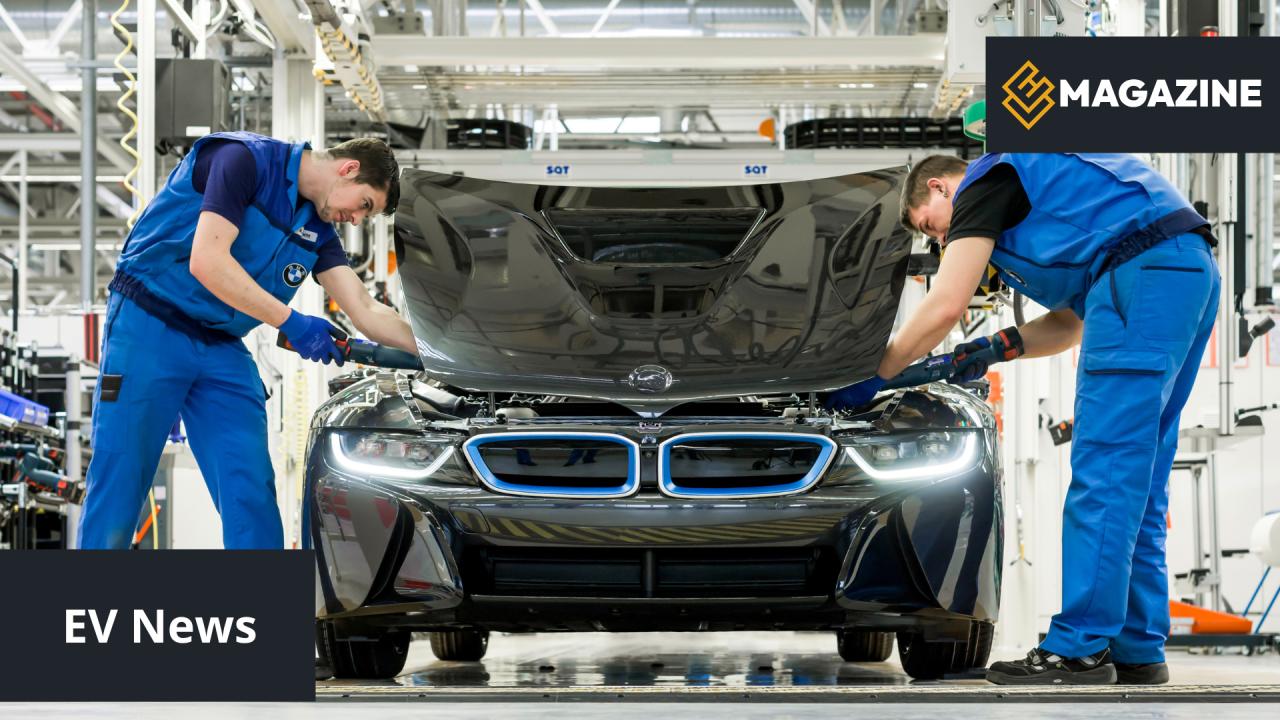$1.6B
1,600
30 GWh
6
Political Turbulence Strikes BMW's Battery Strategy
Japanese battery manufacturer Envision AESC has paused construction of its massive South Carolina facility after investing more than $1 billion in the project. The company cited "policy and market uncertainty" as the primary reason for the indefinite suspension, making it the latest casualty in America's evolving clean energy landscape.
The timing is no coincidence. Automakers and battery companies are in a wait-and-watch mode as Congress considers passing the Trump administration's signature spending bill that would eliminate federal EV tax credits and dismantle billions in clean energy funding from the Biden administration's Inflation Reduction Act.
BMW's Ambitious American Plans at Risk
Strategic Importance: BMW's South Carolina operations represent the cornerstone of its American electrification strategy, producing globally popular X-models.
BMW Group aims to purchase battery cells for its electric vehicles where production takes place as part of its "local for local" principle. The AESC facility was crucial to this strategy, designed to supply BMW's nearby Spartanburg plant with cutting-edge sixth-generation battery technology.
Industry-Wide Manufacturing Exodus
AESC joins a growing list of companies retreating from American manufacturing commitments. According to data from Atlas Public Policy, a policy research group, more projects were canceled in the first quarter of 2025 than in the previous two years combined.
Notable Cancellations Include: Aspen Aerogels abandoned its $1 billion Georgia facility for EV battery thermal barriers, while Kore Power scrapped its $1.2 billion Arizona battery plant. Both companies cited similar policy uncertainties and market conditions.
The Inflation Reduction Act Under Siege
Trump plans to kill the $7,500 consumer tax credit for electric vehicle purchase, fundamentally altering the economics of EV adoption in America.
The IRA creates $37 million in new incentives for companies to manufacture clean energy technologies in the U.S. rather than abroad, programs now facing potential repeal.
The IRA provided crucial grants and loans to offset the steep upfront costs of building domestic battery manufacturing capacity.
The Congressional Budget Office expects the cost to swell above $800 billion due to higher-than-expected demand for the tax credits, making it a target for fiscal conservatives.
BMW Maintains Optimism Despite Setbacks
Despite the AESC setback, BMW remains committed to its American electrification timeline. BMW did not comment on the production stoppage at AESC, but a company spokesperson told InsideEVs that its own battery plant in Woodruff, South Carolina, is still scheduled to start assembling high-voltage battery modules in 2026.
Alternative Supply Chains: BMW has diversified its battery supply strategy, partnering with multiple suppliers including CATL to ensure production continuity. The company's Hungarian and Mexican facilities provide additional flexibility as the American market evolves.
The Broader Economic Impact
Gov. Henry McMaster, while speaking to reporters, pointed to uncertainty in Washington, D.C., as a reason for the construction halt. State officials remain optimistic about eventual project resumption, with Commerce spokeswoman Alex Clark confirming that existing incentive packages remain intact.
Looking Forward: Uncertain Paths Ahead
The Path Forward: Industry experts suggest that consistent, long-term policy frameworks are essential for sustaining American competitiveness in the global EV supply chain. "Nothing is more important to business than market clarity," said Bob Keefe, executive director of E2, a clean energy advocacy group. "It's about as clear as a blizzard at midnight."

